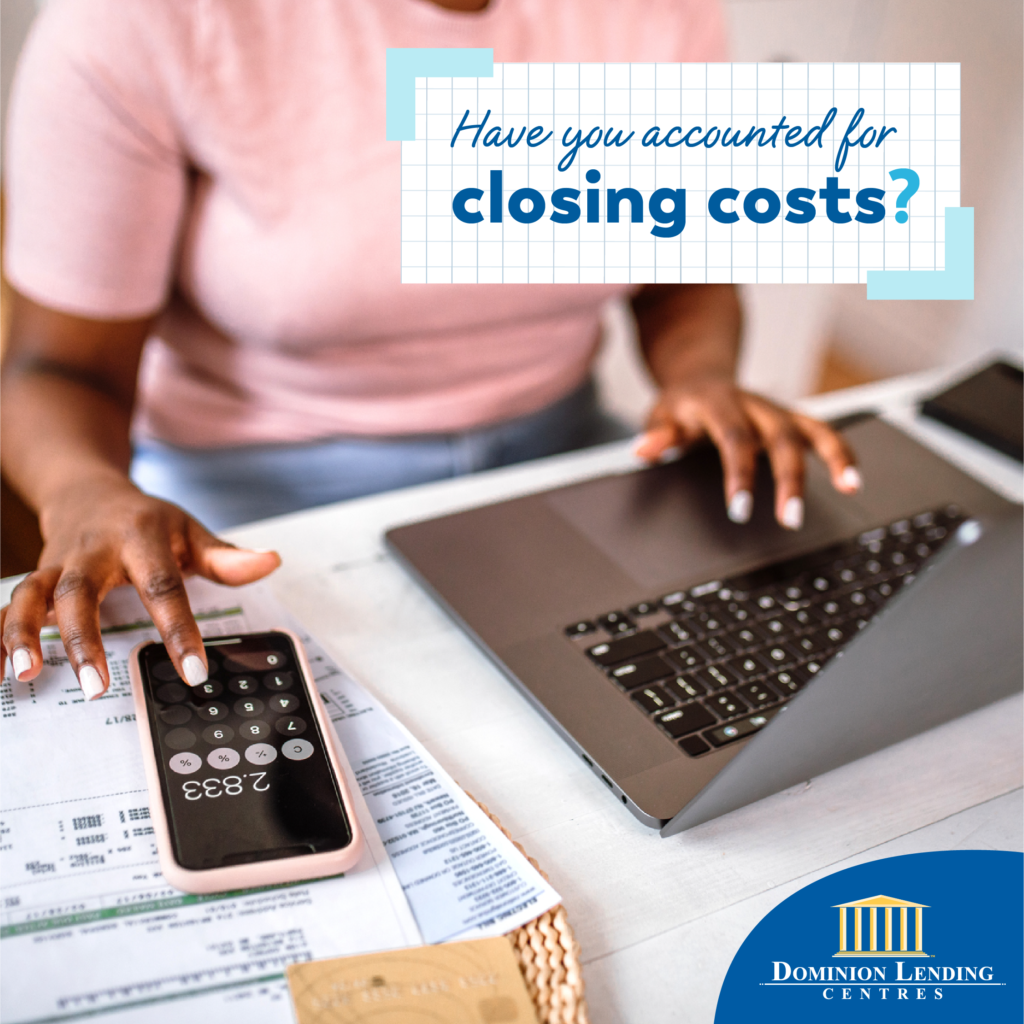Welcome to the July issue of my monthly newsletter!
Things are starting to heat up as we head into July! For those first-time buyers looking to purchase a home, I have all the details for you below! For those other homeowners hoping to stay cool and enjoy their spaces this season, scroll down for tips on how to turn your backyard into a staycation paradise! Have a great summer!
Entering the Housing Market
With the first Bank of Canada rate drop having occurred in June, many individuals are looking at the housing market with renewed vigor and an expectation that rates will continue to come down to a more sustainable level.
vigor and an expectation that rates will continue to come down to a more sustainable level.
If you are someone who is considering entering the housing market this summer, there are a few things you should keep in mind:
Determine Your Budget: Download my app from Google Play or the Apple iStore to help you calculate mortgage payments, affordability, the income required to qualify, and even estimate your closing costs! It also allows you to connect directly with me through the app so that I can answer any questions you have right in the palm of your hand.
Save For a Down Payment: Your typical down payment should be at least 5% of the purchase price, though 20% down is preferable as anything below that requires default insurance. Your down payment can be done through your own savings account or RRSP’s.
- Thanks to the Federal Government’s Home Buyer’s Plan, first-time homebuyers can leverage up to $60,000 from their RRSPs (maximum of $120,000 for a couple).
- PRO TIP: The First Home Savings Account (FHSA) is specifically designed to help first-time homebuyers save for their down payment without having to pay taxes on the interest earned on their savings.
Take Advantage of First-Time Buyer Programs: Did you know? First-time home buyers are eligible for an exemption, reducing the amount of property transfer tax paid, depending on the property’s value.
- PRO TIP: In addition, Ontario, British Columbia, Prince Edward Island, and the City of Toronto offer land transfer tax rebates for first-time homebuyers.
Get Pre-Approved:
There are a few benefits to pre-approval such as:
- It confirms the maximum amount you can afford to spend.
- It can secure you an interest rate for 90-120 while you shop for your new home
- It lets the seller know that securing financing should not be an issue. This is extremely important for competitive markets where lots of offers may be coming in.
Understand the Closing Costs:
Here are a few closing costs to keep an eye out for:
- Land Transfer Tax: This is calculated as a percentage of the purchase price of your home, with the amount varying in each province. Some cities, such as Toronto, also have a municipal LTT.
- Legal Fees and Disbursements: You can expect to incur a minimum of $500 (plus GST/HST) on legal fees for the preparation and recording of official documents.
- Title Insurance: Most lenders require title insurance to protect against losses in the event of a property ownership dispute. This is purchased through your lawyer/notary and is typically $300 or more.
- PST on CMHC Insurance: Though CMHC insurance itself is financed through the mortgage, PST on the insurance is typically paid at the lawyers and sometimes deducted from your advance.
- Home Inspection Fee: A home inspection is highly recommended as a condition of your Offer to Purchase to prevent any future surprises. This can cost around $500.
- Appraisal Fee: An appraisal is performed to certify the lender of the resale value of the home in the case you default on the mortgage. The cost is usually $400 – $600 but is typically covered by the lender.
- Property Insurance: Property insurance covers the cost of replacing your home and its contents, and must be in place on closing day. This is paid in monthly or annual premiums.
- Prepaid Utility Bills: You may need to reimburse the previous owner of your property for prepaid costs such as property taxes, utilities, and so forth.
- Property Taxes: Property taxes are due on an annual basis and are calculated as a percentage of the home value and vary by municipality. You also may need to reimburse the previous property owner if he/she has already paid property taxes for the full year.
Getting Proper Coverage:
Various insurance items can be obtained for your home, including:
- Title Insurance: Required by most lenders to protect against losses should a property ownership dispute arise. This insurance is done through your lawyer/notary and typically runs $100-$300.
- Mortgage Protection Insurance: An optional debt replacement that protects your family should anything happen in the future. Many homeowners believe they are covered through their life insurance policy, but the Manulife Mortgage Protection Plan is different. Before closing, it’s important to look at the costs and coverage for you!
- Property & Fire Insurance: Mandatory and needs to be arranged before your closing appointment. Not sure how much to budget for? Get quotes from various insurance companies! Your lawyer/notary or myself can provide recommendations
- Default Insurance: Only required if you purchase a house with less than a 20% down payment.
Whether you’re looking at a condo, townhouse, rancher, or a two-story property, there is nothing quite like your first home! However, the mortgage process can be intimidating – and that’s where I come in! If you’re looking to get started on your home-buying journey, don’t hesitate to reach out to me today.
Best Regards,
Avaljit Sandhu
Mortgage Professional




 vigor and an expectation that rates will continue to come down to a more sustainable level.
vigor and an expectation that rates will continue to come down to a more sustainable level.